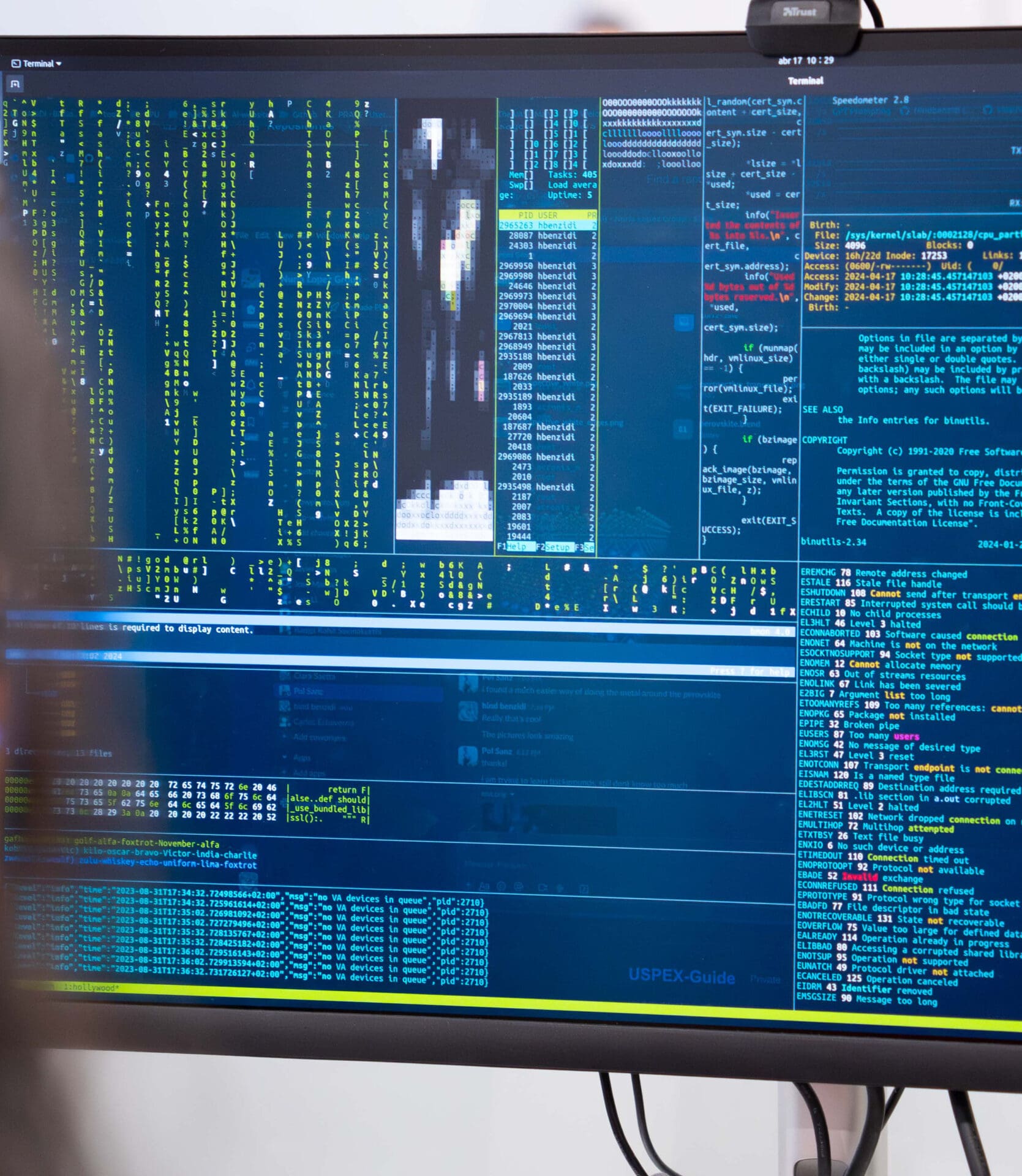Lessons learned from urgent computing in Europe: Tackling the COVID-19 pandemic
PRACE (Partnership for Advanced Computing in Europe), an international not-for-profit association that brings together the five largest European supercomputing centers and involves 26 European countries, has allocated more than half a billion core hours to computer simulations to fight the COVID-19 pandemic. Alongside experiments, these simulations are a pillar of research to assess the risks of different scenarios and investigate mitigation strategies. While the world deals with the subsequent waves of the pandemic, we present a reflection on the use of urgent supercomputing for global societal challenges and crisis management.

López, N.; Del Debbio, L.; Baaden, M.; Praprotnik, M.; Grigori, L.; Simões, C.; Bogaerts, S.; Berberich, F.; Lippert, T.; Ignatius, J.; Lavocat, P.; Pineda, O.; Giuffreda, M. G.; Girona, S.; Kranzlmüller, D.; Resch, M. M.; Scipione, G.; Schulthess, T.
PNAS 2021, 118 (48), e2024891118
DOI:
10.1073/pnas.2024891118

Let's create a brighter future
Join our team to work with renowned researchers, tackle groundbreaking
projects and contribute to meaningful scientific advancements




















